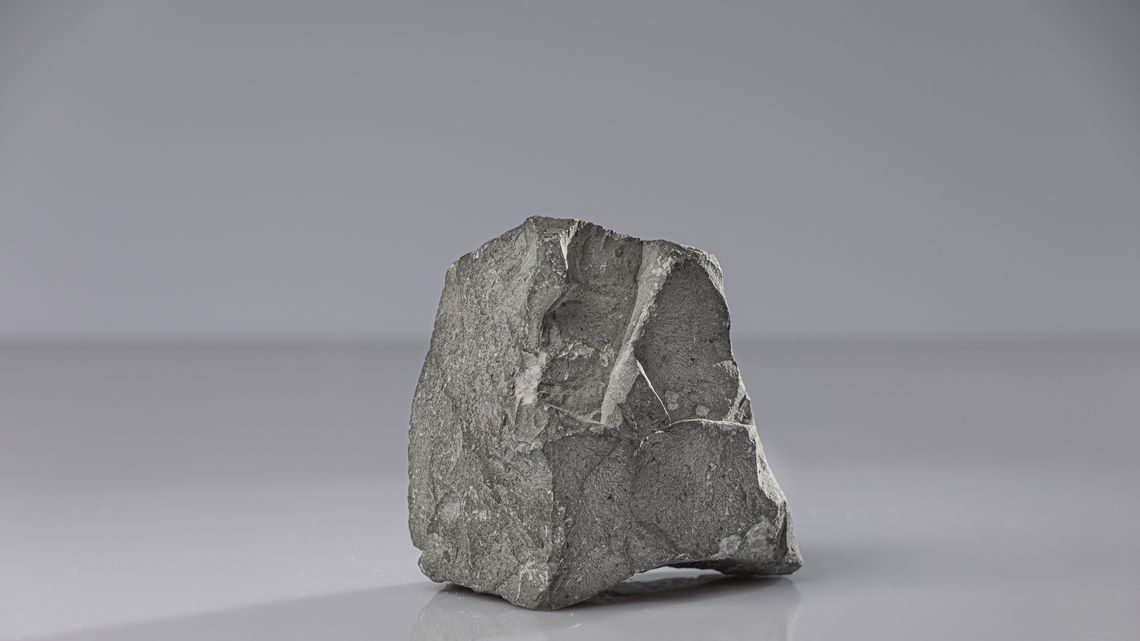
ERATO
Reference concept for a repository for radioactive waste in claystone
The objective of the R&D project ERATO was to develop basic principles for a HLW repository in claystone in Germany and to plan a reference repository concept. The type and quantity of heat-generating high-level radioactive waste and spent fuel elements were adopted from the R&D project ISIBEL. A Lower Cretaceous claystone formation in the Lower Saxony Basin was chosen as the potential site region for the generic repository, allowing for the construction of the HLW repository at a relatively shallow depth of about 350 meters, resulting in advantages regarding shaft sinking and lower requirements for necessary mine development. Unlike storage in a salt formation, the repository containers for spent fuel elements are planned to be encased with a barrier made of bentonite components to delay potential solution ingress to the containers and vice versa to ensure a retention effect for dissolved radionuclides. To improve heat dissipation into the rock mass, a heat-distributing sand layer (heat spreader) is additionally planned between the container and the enclosure for the repository containers for spent fuel elements. The concept of borehole storage, which formed the basis of the planning, was determined through investigations and evaluations of various storage variants and a comparison of preferred variants. The conceived HLW repository is divided into two wings; one for spent fuel elements and one for heat-generating radioactive waste. In the central midfield, besides the two shafts, the required auxiliary mining rooms are located. The total area requirement of the repository is approximately 6.5 km². A rough estimate of time and costs was also carried out.
Contact
Research & Development
info@bge-technology.de
Short Infos
Runtime: 2006 - 2008
Client:
Bundesministerium für Umwelt, Naturschutz, nukleare Sicherheit und Verbraucherschutz (BMUV) vertreten durch das Karlsruher Institut für Technologie, beauftragter Projektträger Karlsruhe PTKA
Funding Code:
02E10286

